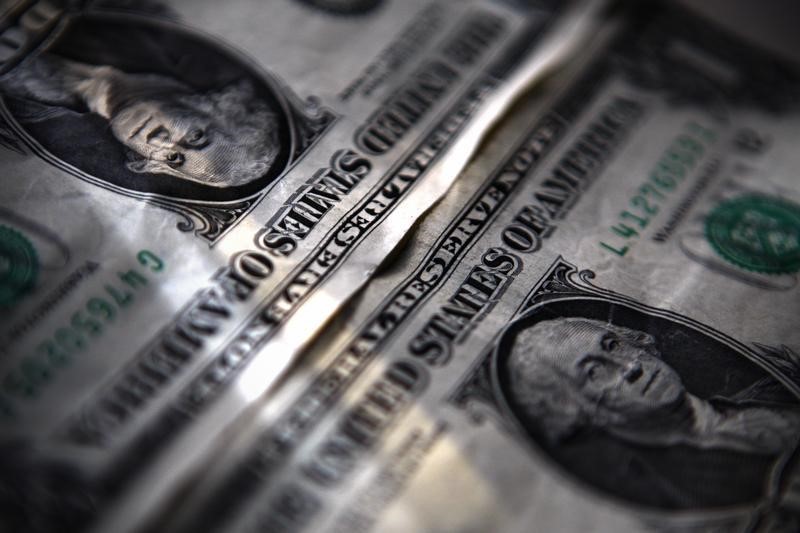Investing.com - The dollar fell to its lowest level against the yen since late November in Asia on Monday on heightened political risk concerns as a Republican-controlled Congress and presidency are in focus to deliver on economic plans for tax cuts and spending following a failed effort to reform healthcare.
The U.S. dollar index, which measures the greenback’s strength against a trade-weighted basket of six major currencies, dropped 0.47% to 99.12.
In Japan, the corporate services price index rose 0.8% year-on-year, beating an expected 0.5% gain. USD/JPY changed hands at 110.36, down 0.91%, while AUD/USD traded at 0.7624, flat.
"This is the market reacting to Donald Trump's failure to implement one of his major campaign promises," said Bart Wakabayashi of State Street.
As well, Prime Minister Theresa May will set out how her government plans to restore sovereignty over Britain's laws on Thursday, publishing a detailed paper on ending "the supremacy of EU lawmakers," according to Reuters. GBP/USD traded at 1.2520, up 0.38%.
On Monday, the Ifo Institute will report on German business climate and Federal Reserve Bank of Chicago President Charles Evans and Dallas Fed President Robert Kaplan are scheduled to speak.
Last week, the dollar pulled back from a four-month trough against the safe haven yen on Friday after Republican leaders dropped legislation to replace the Affordable Care Act before a planned vote, in a setback to President Donald Trump.
Republican leaders pulled legislation to overhaul the U.S. healthcare system before a vote in the House of Representatives after it failed to gather enough support to pass.
The defeat for the bill added to doubts over the Trump administration’s ability to push through the pro-growth economic agenda promised by the president.
Investors viewed the Trump administration's failure to push through a healthcare overhaul as a sign he may also face further setbacks delivering on other policy pledges including corporate tax cuts, regulatory reform and infrastructure spending.
The single currency has been boosted by expectations for monetary tightening by the European Central Bank later this year and growing hopes that the far-right anti-EU leader Marine Le Pen will be defeated in the French presidential elections.
